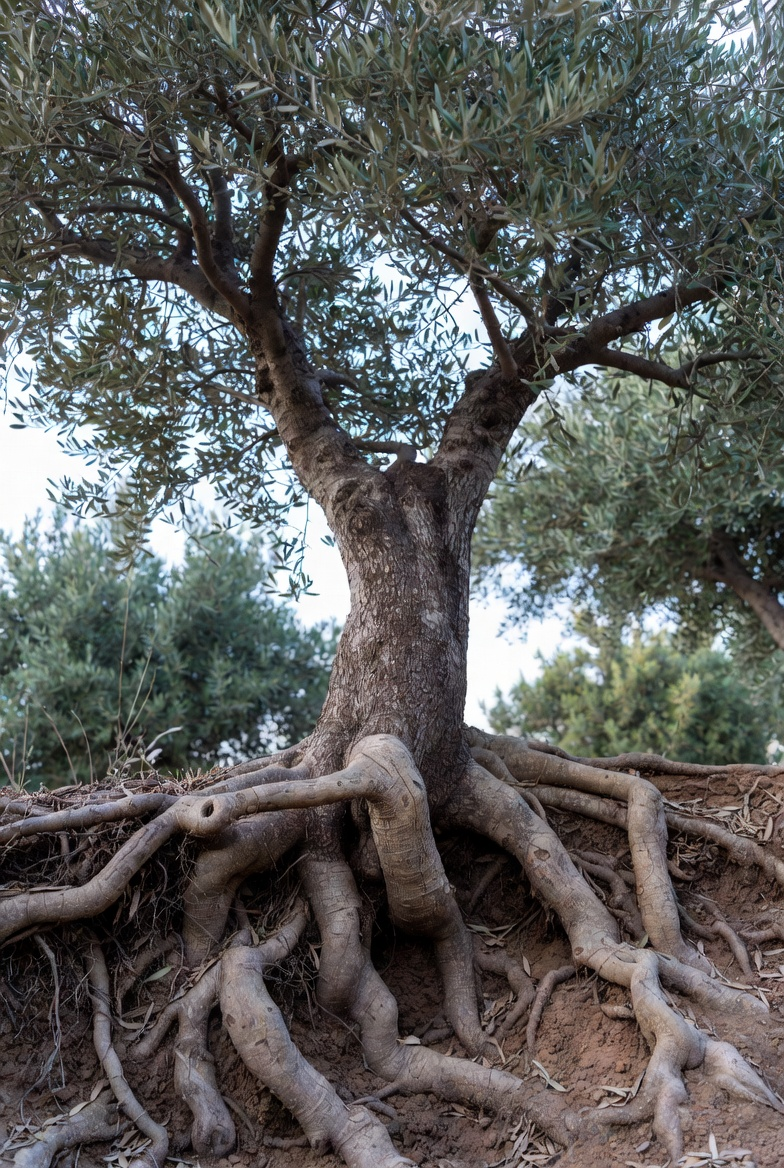| 46 only once in five years, and then only to keep it from becoming a tree. Beach-le-mar is a moss, growing on the rocks near the seashore; it is a food plant with the Chinese, and finds its way to their country via San Francisco. Fungus is a stinted plant that flourishes upon otherwise barren ground, and is valuable for its coloring properties. All these find a ready market in San Francisco.
There are two lines of schooners running constantly between Papeete and San Francisco, via the Marquesas Islands, carrying a monthly mail; and there are quite a number of small schooners and cutters trading between the neighboring groups and Tahiti. There is really no French commerce here, and Papeete is valuable to France only as a port of call, and as a coaling station for its war vessels and transports going to and coming from New Caledonia, its great penal colony, to which so many of the Paris Communists have lately been banished.
We have no data from which to give the amount of exports, except that last year Anaa alone exported two hundred tons of cocoanut [coconut]-oil. The natives furnish this oil to the merchant at about ten cents per gallon, taking payment in goods at really high figures, so that they are the veriest slaves to capital.
TAHITI.
But to return to our ship. We are now south of the equator; and past the region of equatorial calms (the Doldrums), and are standing due south for Tahiti. The air of the tropics is delicious; respiration is fuller and deeper than in a cold climate, and one becomes sensible of the pleasure of breathing.
On the 13th of December we made the island. The formation is volcanic, and the main peak rises nearly eight thousand feet in the air. The island is surrounded by a coral reef, with an occasional opening through which vessels can pass. The ever restless ocean dashes its great waves against this reef with a fearful roar that can be heard five miles off; but the inside channel is as smooth as a mill-pond. A miniature steamtug comes outside the reef and takes us in tow, and we head for the western entrance of Matavia Bay.
The French have erected two bastioned earthworks to protect this entrance, one of which mounts six, and the other ten guns. We afterward visited the latter, and found the armament to be eight thirty-two-pounders, and two ten-inch shell guns. . . . We dropped our anchor close in to the quay at Papeete.
Here is the seat of the French protectorate for this and other of their Polynesian possessions. The American and British governments have each a consul; and Queen Pomare (the native sovereign), here holds her court, and exercises a certain authority, but apparently in harmony with the protectorate. Papeete is a town of perhaps two thousand inhabitants. Its mercantile business is mainly in the hands of Americans. The streets are narrow, and in many places the trees on each side join branches overhead, forming a perfect shade They are macadamized,
(page 46) |


